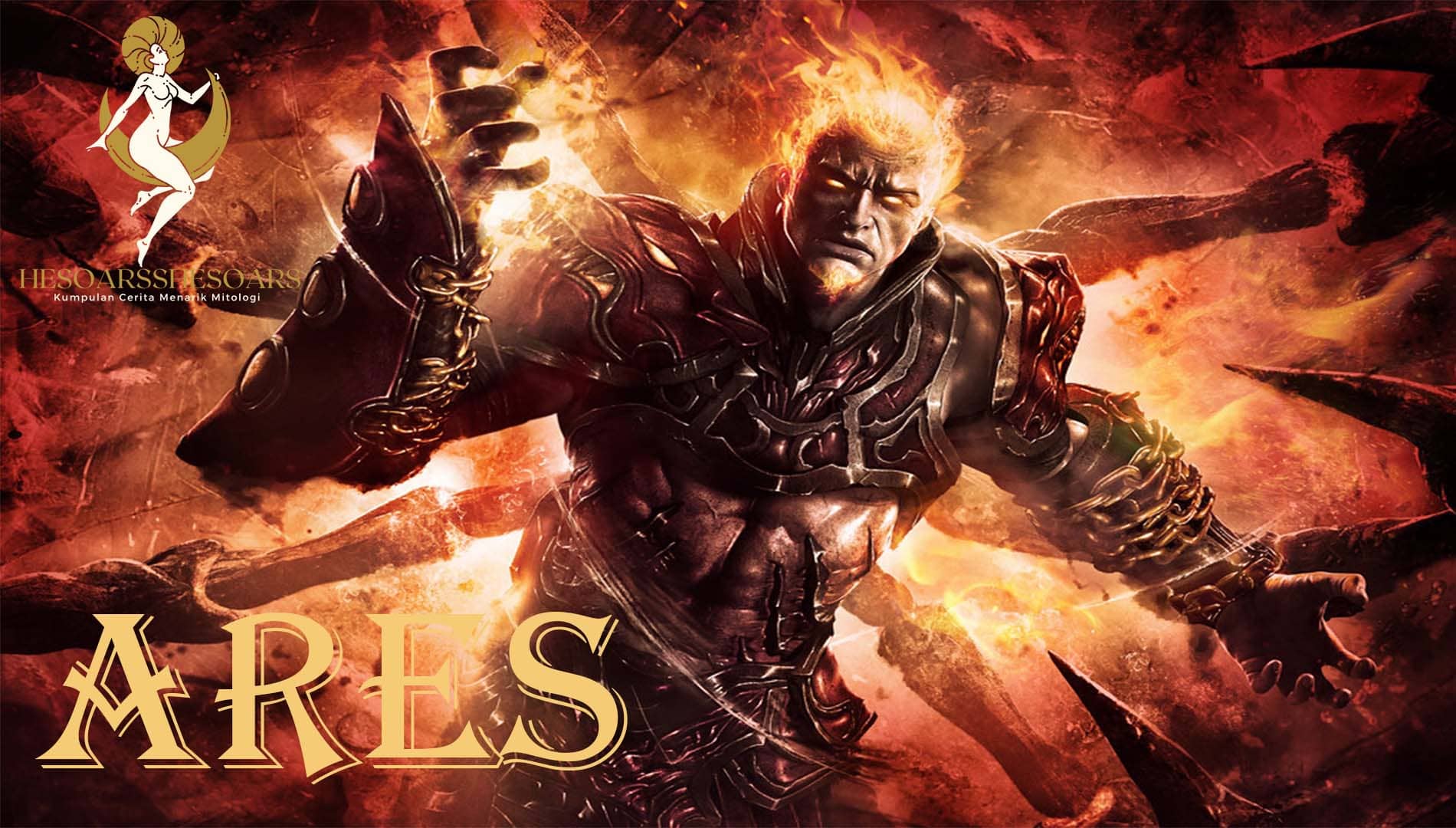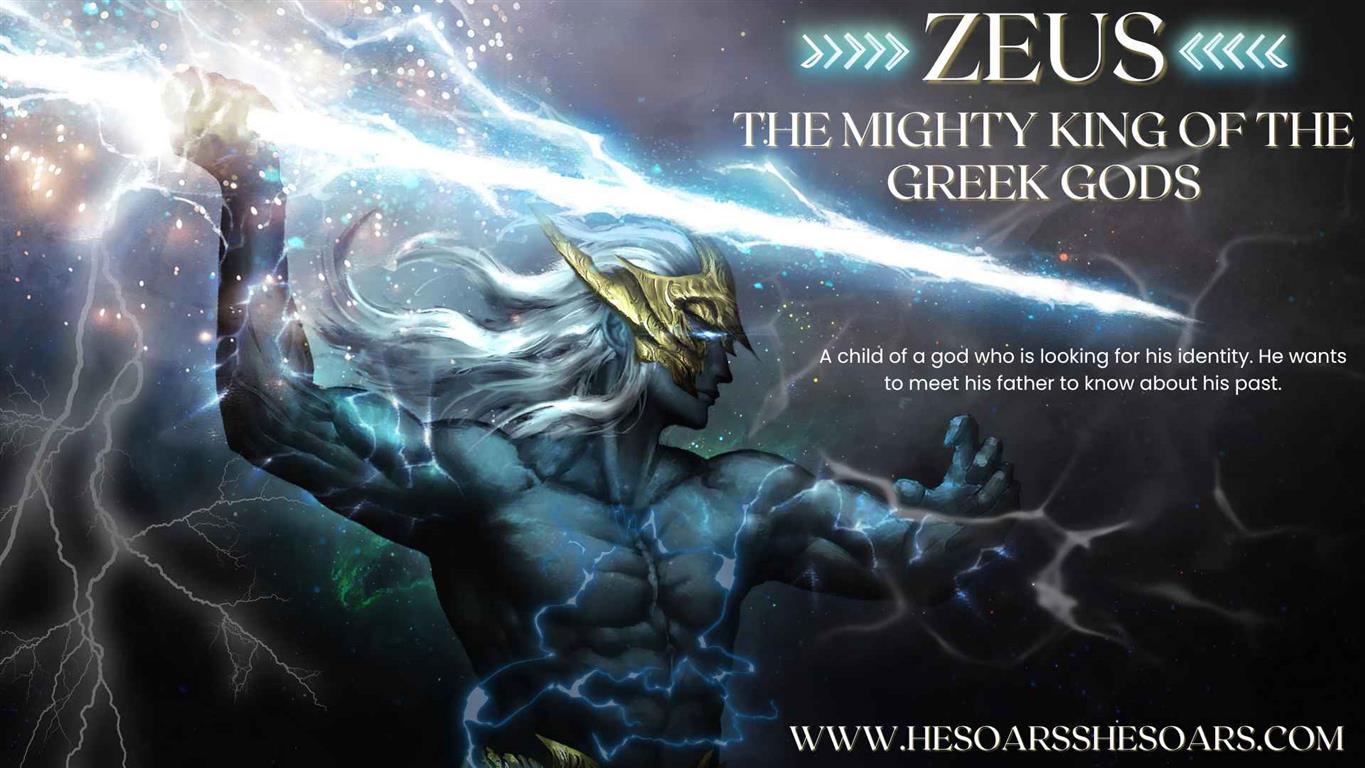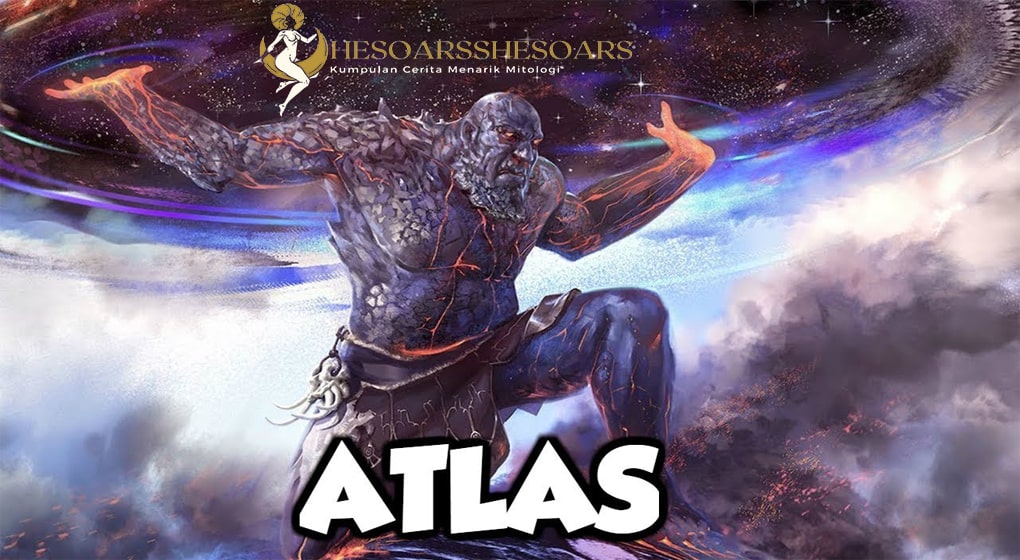The ancient Greek pantheon is teeming with a variety of deities, each symbolizing distinct aspects of human life and nature. Among these gods and goddesses, he stands out as the embodiment of the aggressive and destructive side of war. But who exactly is Ares, and why has he remained a significant figure throughout history? Dive in to learn more about this complex deity.
Who is Ares?
Ares, the son of Zeus and Hera, is best known as the God of War in Greek mythology. Unlike Athena, who represents strategy and wisdom in warfare, him embodies the chaos, bloodlust, and brutality of battle. His name invokes images of fierce combat and the tumultuous noise of clashing shields and swords.
Ares’ Characteristics
Physically, Ares is often depicted as a handsome, strong warrior, clad in armor and wielding a spear. His demeanor is fierce, and his presence on the battlefield is unmistakable. As a deity, Ares is not only about war but also embodies courage and the spirit of competition.
Ares in Mythology
Many myths surround him, showcasing both his strength and his vulnerabilities. In one tale, he was captured and imprisoned by two giant sons of Poseidon, Otus and Ephialtes, only to be rescued by Hermes. In another, he had a tumultuous love affair with Aphrodite, the goddess of love, resulting in several offspring, including Eros, the god of love and desire.
However, not all stories about Ares are flattering. He was often rebuked by other gods, especially Athena, for his impulsive nature. Despite his strength, he was not always victorious in battles, proving that raw power alone is not enough for triumph.
Ares’ Legacy
While Ares might not have been the most beloved god in the Greek pantheon, his legacy is undeniable. The Roman equivalent of Ares is Mars, who was viewed more favorably and even considered the father of the Roman people. Today, the name he lives on, notably in pop culture references and even space exploration, with missions to the planet Mars.
Ares, with his dual nature of courage and chaos, serves as a reminder of the two sides of war – the valor of the warriors and the devastation it brings. His stories provide an intriguing glimpse into ancient Greek beliefs about conflict, heroism, and the divine. And even in the modern era, he continues to inspire conversations about the nature of war and the human spirit.
One cannot fully understand Ares without delving into his relationships with other gods and goddesses. His interactions, both harmonious and tumultuous, offer deeper insights into his character and the complex web of the Greek pantheon.
Ares and Aphrodite: A Love That Shook Olympus
Ares’ most famed relationship was undoubtedly with Aphrodite, the goddess of love and beauty. Their passionate and secretive love affair is a testament to the idea that opposites attract. While Hephaestus, the god of craftsmanship, was Aphrodite’s official consort, it was he who captured her heart. Their affair produced several offspring, most notably Harmonia, the goddess of harmony, and Eros, the god of love. This union, bridging war and love, reveals the interconnectedness of seemingly opposing forces in the universe.
Ares and Athena: Rivalry and Respect
While both are gods of war, Ares and Athena couldn’t be more different in their approach. Athena, born from Zeus’s forehead, symbolized strategic warfare, wisdom, and justice. Their rivalry is legendary, with numerous myths showcasing their confrontations. One such tale is their involvement on opposite sides during the Trojan War, with Athena supporting the Greeks and Ares the Trojans. Despite their differences, there was mutual respect, understanding that both played crucial roles in the realm of battle.
His Children: Continuing the Legacy
Apart from his children with Aphrodite, Ares fathered several other offspring. With the giantess Rhea, he had a daughter named Alcippe. Deimos (Terror) and Phobos (Fear) were his sons with Aphrodite, often accompanying him on the battlefield, amplifying the terror of war. His lineage, like his legacy, is a mix of love, war, and everything in between.
The Duality
While many view Ares solely as the harbinger of war and destruction, his relationships showcase his multi-faceted nature. Love, fear, competition, and valor all intertwine in the tales of this formidable god, reminding us that no entity, mortal or divine, is one-dimensional.




